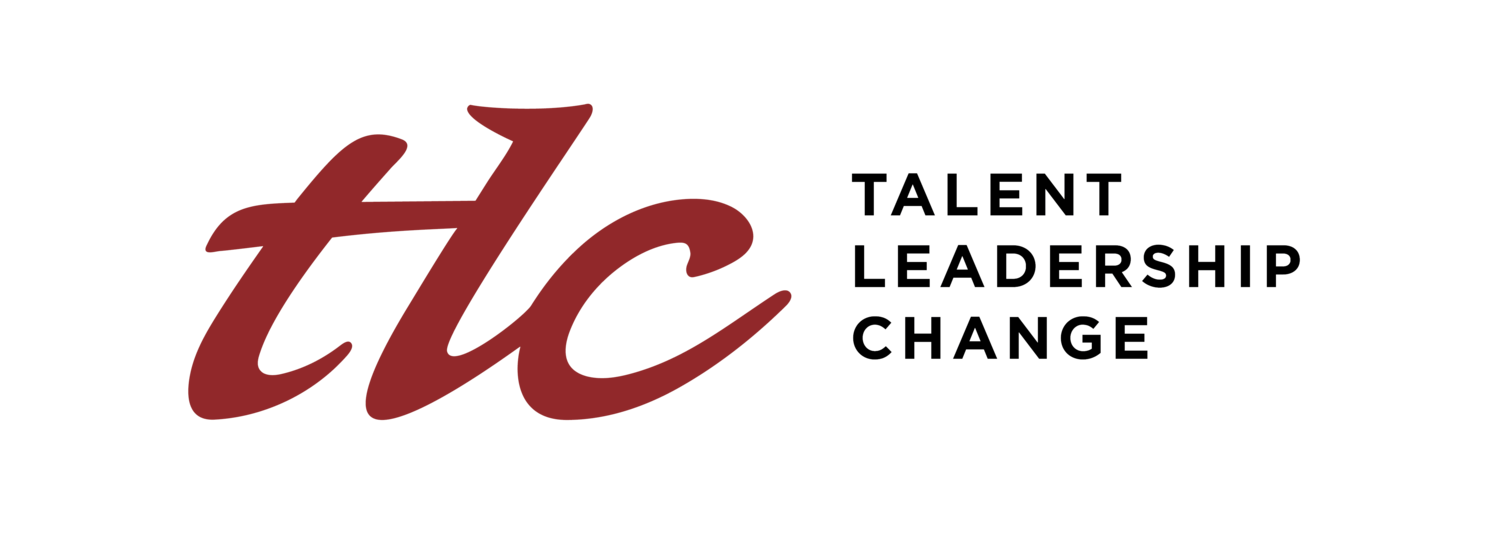REVISITING PERFORMANCE REVIEWS
In leadership workshops I conducted for a local conglomerate in the last year, one thing never fails to trigger controversy and debate: performance reviews, especially of the annual kind.
Here’s a sampling of people’s comments. “It is such a long-winded and complex process, I really think it is a waste of time,” says one executive. “Quite frankly, the performance appraisal conversation is a
much dreaded one, almost like being called to the principal’s office,” says another.
“Theoretically, I believe it is a most important dialogue but we are so lousy
at it and must be trained in effective communication, specifically on giving and receiving feedback,” adds one more. Complains a participant: “Filipino culture is simply not ready for ‘telling it like it is.’ So much of our identities rise and fall with that one number called performance rating.”
These statements are coming from executives occupying the three highest rungs of the organizational ladder. One can imagine what those in the lower echelons are saying.
The end of the year brings to a close what is typically a four-step cycle that begins in the first quarter. The process starts with performance planning (what must be achieved, to what standard, what
competencies are needed, what development is needed). It is followed by interim progress reviews (how am I doing, what can I do better, what needs to change). Performance evaluation then comes next (how did I do, how can I do better, what have I learned) at year end. The last step is linking performance to rewards and other talent management processes (how will results impact rewards, what is next for me, what learning and development opportunities lie ahead).
In most organizations, the last step – awarding monetary or other rewards based on
performance – has proven to be quite messy, straining professional and personal relationships of the people involved. And when leaders are not skilled in the science and art of coaching and mentoring – what I would call courageous conversations – performance reviews can sap the energy and engagement of any organization.
“Awarding monetary or other rewards based on performance has proven to be quite messy, straining professional and personal relationships of the people involved.”
It is no wonder that global IT consulting and outsourcing firm Accenture overhauled the entire process. In July, The Washington Post reported that Accenture CEO Pierre Nanterme announced that the company, which employs 330,000 staff globally, “has disbanded the existing system of one-time annual performance review”. It appears that executive resignations spike to double-digit levels immediately after performance conversations and pay Adjustments.
Earlier, global giants Cisco, Microsoft and Adobe also did away with their annual performance appraisal systems characterized by a statistics-driven process that force-ranks and sharply distinguishes
high, moderate and under-performers. While the system creates highly competitive cultures, it also encourages dysfunctional behaviors such as “currying favors with managers”.
So, what’s the alternative to year-end bonuses and pay adjustments linked to performance reviews? Lear, a Fortune 500 company, holds quarterly reviews that absolutely have no connections to pay
raises. It is their belief that what drives “high performance” is honest feedback that managers and employees “really hear”. Rewards are now confined to promotion and stock awards to the few who deliver
extraordinary accomplishments. For the rest, they simply adjust pay based on changes in local markets
At Deloitte, they have stopped cascading objectives, once-a-year reviews, and 360-degree-feedback tools. Using technology, they now have a very different and much simpler design for managing performance characterized by “speed, agility, one-size-fits-one and constant learning”, supported by a new way of collecting reliable performance data that is fed back to the manager and employee in real time.
The world of work is waiting and watching to see how the harbingers of change and new ways of managing performance will translate to sustainable business performance. Meanwhile, whether you stick to the traditional process or start experimenting with new approaches, it is best to be reminded of the dynamic nature of people and organizations.
Take heed of wise words from the Society for Human Resources: “As generations change, the needs and values included in a performance review process may also change. Therefore, leaders must amend their concept of performance reviews to ensure they capture what is valued by the new generations of workers.”
